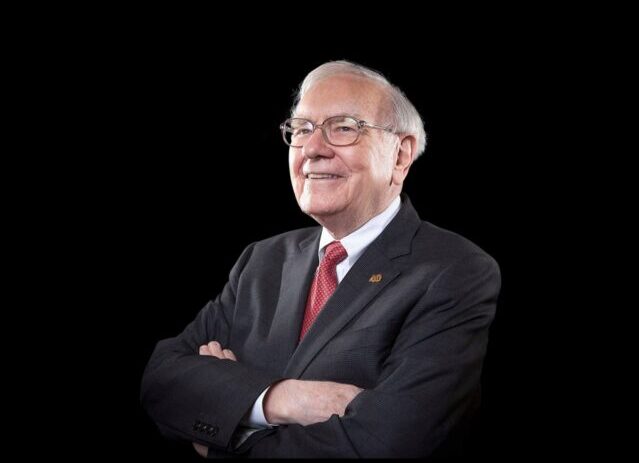1. The Early Life of Warren Buffett
Warren Buffett, often referred to as the “Oracle of Omaha,” was born on August 30, 1930, in Omaha, Nebraska. From a young age, Buffett displayed an interest in business and investing. By the age of 11, he bought his first stock, a share of Cities Service Preferred, and learned valuable lessons about market fluctuations.
Buffett’s education played a crucial role in shaping his investment strategies. He attended the University of Nebraska, where he earned a degree in business administration. He later went on to Columbia University, studying under the renowned investor Benjamin Graham, whose value investing philosophy deeply influenced Buffett’s approach.
2. Investment Philosophy
Warren Buffett’s investment philosophy is centered around the principles of value investing, which he learned from Benjamin Graham. Here are some key components:
- Intrinsic Value: Buffett believes in assessing a company’s intrinsic value, which involves evaluating its fundamentals, including earnings, dividends, and growth potential.
- Long-Term Focus: Buffett advocates for a buy-and-hold strategy, emphasizing the importance of patience in investing. He famously stated, “Our favorite holding period is forever.”
- Quality Businesses: He prefers investing in companies with strong competitive advantages, capable management, and a track record of consistent performance.
- Market Psychology: Buffett is known for his contrarian approach, often buying stocks when others are fearful and selling when others are greedy. He famously quipped, “Be fearful when others are greedy, and greedy when others are fearful.”

Warren Buffett
3. Berkshire Hathaway: The Investment Juggernaut
Berkshire Hathaway, the company Buffett helms as CEO, started as a textile manufacturing firm. However, under Buffett’s leadership, it transformed into a diversified holding company. Buffett’s strategy involved acquiring undervalued companies and allowing them to operate independently, which has led to significant growth.
Berkshire’s portfolio includes well-known companies like Coca-Cola, Apple, and American Express. The company’s annual shareholder meeting, often called the “Woodstock for Capitalists,” attracts thousands of investors and provides insights into Buffett’s thoughts on the economy and investment strategies.
4. Philanthropy and Giving Back
Warren Buffett is not only known for his investment acumen but also for his philanthropic efforts. In 2006, he announced plans to gradually donate the majority of his wealth to charitable causes, primarily through the Bill & Melinda Gates Foundation. His commitment to giving back is exemplified by the Giving Pledge, which encourages billionaires to donate at least half of their wealth.
Buffett’s philanthropic philosophy emphasizes the importance of using wealth to improve society and tackle pressing global issues, including education, health, and poverty alleviation.
5. Lessons from Warren Buffett
Warren Buffett’s journey offers numerous lessons for investors and entrepreneurs:
- Patience Pays Off: Successful investing requires time. Short-term fluctuations should not deter long-term strategies.
- Stay Informed: Continuous learning is vital. Buffett is an avid reader and emphasizes the importance of knowledge in making informed investment decisions.
- Value Integrity: Buffett’s reputation for honesty and ethical conduct has been pivotal in his success. Building trust is essential in business.
- Adapt to Change: While he adheres to value investing principles, Buffett recognizes the need to adapt to market changes and evolving industries.
Conclusion
Warren Buffett’s impact on the world of investing is profound. His unique approach, grounded in value investing principles, patience, and ethical practices, has inspired countless investors. As he continues to navigate the complexities of the financial markets, Buffett remains a beacon of wisdom and insight for aspiring investors around the globe.
